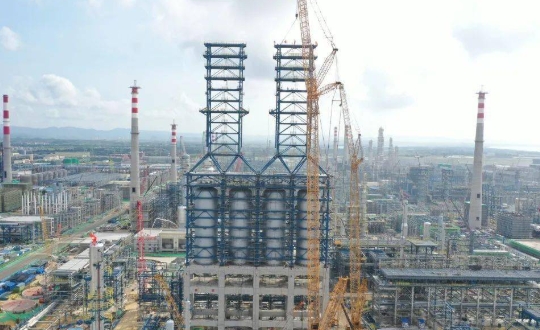What Are You Looking For?
Defoamers in Delayed Coking: Understanding the Importance of Foam Control
Jan 20, 2025Delayed coking is the process of converting a liquid mixture containing heavy oil residues into combustible coke and other useful products under high temperature and pressure during the refining process. This process can increase the yield of petroleum products and improve the quality of the products.

During the delayed coking process, the formation of foam can cause the following problems:
To overcome the problem of foam, delayed coking defoamers have the following effects:
1.Inhibit foam formation: The surfactant component of the defoamer can interact with the foam-liquid interface, reduce the surface tension of the liquid, and inhibit the formation of gas in the liquid. This can effectively reduce the generation of foam.
2.Destroy the foam structure: The active ingredients in the defoamer can penetrate into the foam, interact with the foam liquid, destroy the stability and structure of the foam, and make the foam dissipate quickly.
3.Reduce equipment damage: The defoamer can prevent the foam from gathering and clogging in the equipment, reduce the damage of the foam to the equipment, and protect the safety and life of the equipment.
Delayed coking is an important process in oil processing, but the foam problem often plagues the normal operation of this process. With the continuous development of science and technology, the application of defoamers in the delayed coking process is also constantly improving and innovating. Our researchers are working hard to develop more effective and environmentally friendly defoamers and improve their working principles to meet the needs of the future oil industry.